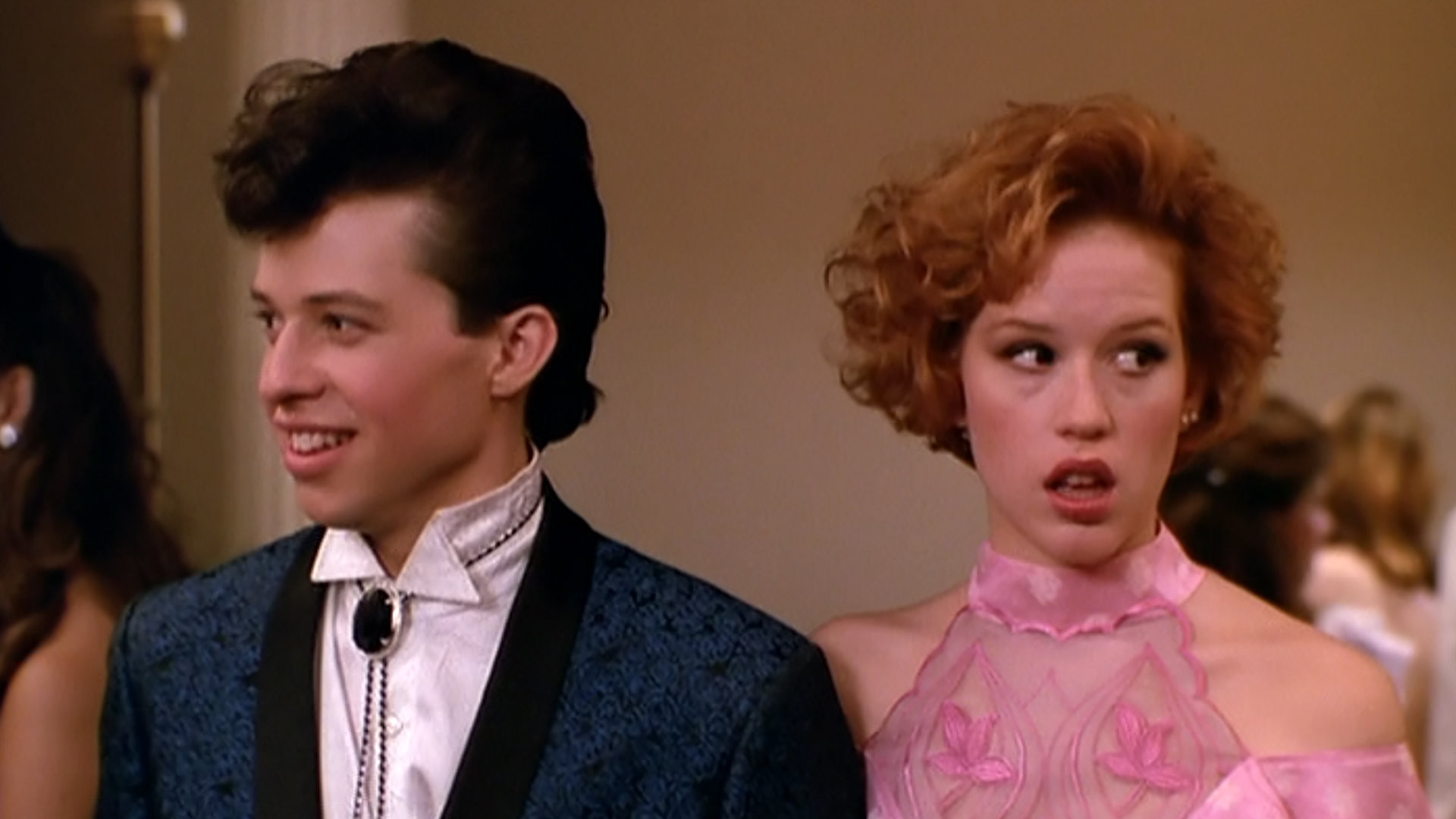

It seems that every generation has had their own “teen” or coming-of-age films. Many of the most memorable movies from those genres were released in the 1980s and 1990s — movies that celebrated fun and frivolity and youth while still being at least somewhat poignant. What happened? Very few memorable films about young adults have hit theaters in the past ten years or so, and fewer still have proved to possess staying power or enduring popularity. What qualities do the so-called “teen movies” of the eighties and nineties have that make them so enjoyable to watch again and again? And why isn’t Hollywood still making films like these?
Consider 1986’s “Ferris Bueller’s Day Off.” Writer-director John Hughes (arguably the master of capturing 1980s teen culture on camera) blended slapstick comedy, satire and even social commentary in a story about a boy who just wants to cut class. On the surface, Ferris is a frothy, light comedy. The film’s characters, even the minor ones, are memorable (the economics teacher, anyone?) and mostly silly. Its premise is barely believable at best: Ferris Bueller, a universally popular high school senior, has a rare talent — he can get away with anything. Playing hooky is his specialty, and he’s able to con his teachers, parents and principal into letting him skip class. With best friend Cameron and girlfriend Sloane in tow, he steals Cameron’s dad’s cherished Ferrari and sets out to enjoy all that the city of Chicago has to offer. However, Hughes manages to use a fun and spirited film as a vehicle to discuss depression, alienation and responsibility.
Hughes employs a comedic touch when constructing the world of the adolescent in Ferris and in his other films (“The Breakfast Club” and “Pretty in Pink,” for example) but never neglects to address the real problems and worries of people on the cusp of adulthood: the responsibilities that come with getting older, establishing yourself as an individual and in terms of your peer group, dealing with parents, defining your future. Hughes never lets these worries seem petty either, which makes his films in particular staples of the “coming-of-age” genre. The aforementioned Hughes titles, as well as “Heathers,” “Footloose,” and “Fast Times at Ridgemont High” are all 1980s-era titles that still enjoy considerable popularity and name recognition.
The 1990s produced quite a few fun and memorable teen films also. “Clueless” (1995) is probably the most notable, and although most of its stars (Alicia Silverstone as deceptively-smart Valley Girl Cher Horowitz, Stacey Dash as her best friend Dionne and the late Brittany Murphy as the nerdy new girl Tai Frasier) failed to reach truly significant fame afterwards, the film is funny, smart and likable and has developed almost a cult following since its release. “Clueless,” written and directed by Amy Heckerling (also of “Fast Times at Ridgemont High,” “The Office,” and “Gossip Girl”), follows the shallow but well-meaning Cher and her life as a student at Beverly Hills High School. She takes new student Tai, who she finds “tragically unhip” under her wing, navigates the dating scene at school, struggles with her relationship with her single father and attempts to pass her driving test. Heckerling uses mundane teenage experiences and makes them funny and entertaining. The intelligent script (based loosely on Jane Austen’s “Emma”) is rife with one-liners and memorable dialogue. Similarly frivolous but worthwhile ’90s teen films include “Cruel Intentions” (1999), “10 Things I Hate About You” (1999), and “Election” (1999).
Try to name some truly unforgettable, smartly written or laugh-out-loud funny coming-of-age films released in the past 10 years — films that you wouldn’t mind watching more than once. “Mean Girls” (2004) is a classic, if overused, example. The Tina Fay-written and Mark Waters-directed comedy does deserve its popularity and critical praise, however — it’s one of the most clever, insightful high school satires of recent memory. It’s endlessly quotable and laugh-out-loud funny. And although it’s technically considered a teen comedy, “Mean Girls” is simultaneously an accurate commentary on teen social culture, bullying and relationships. While not all of them are necessarily comedies, “Easy A” (2010), “The Perks of Being a Wallflower” (2012) and “The Way, Way Back” (2013) are also more recently released coming-of-age films that were fairly well-received by critics and audiences.
But how many of these films would you choose to watch over and over again? Perhaps the golden age of the coming-of-age film ended because the directors, actors and audiences of the ’80s and ’90s films grew up. Most of the funniest comedies of the past few years have focused not on teens, but adults. A lot of young-adult focused entertainment has moved to television, whether in the form of a fictional series or a reality show. Unfortunately, these shows aren’t usually overwhelmingly funny or focused on character building, personal growth or the real thoughts and struggles of young adults. The cult followings of these older films, then, will keep growing until more movies of similar quality, humor and poignancy come along.